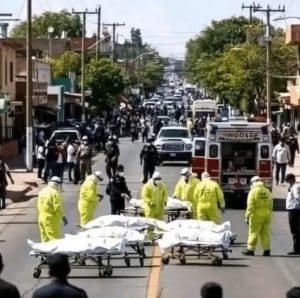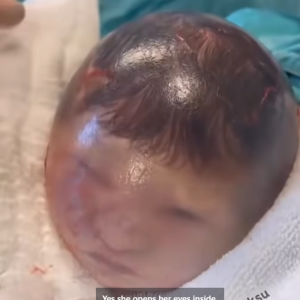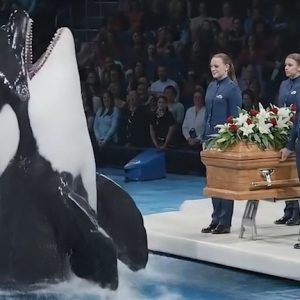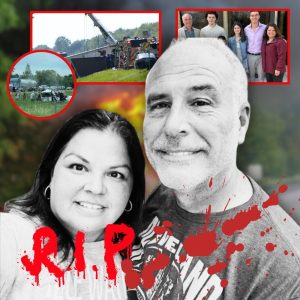What should have been a day of celebration turned into unimaginable heartbreak for the town of Cozad, Nebraska. On May 10, the same day their eldest son was set to graduate from high school, a family of four was found dead in their home in what authorities believe was a murder-suicide.
According to the Nebraska State Patrol, 42-year-old Jeremy Koch is suspected of fatally stabbing his wife, Bailey (41), and their two sons—Hudson (18) and Asher (16)—before taking his own life. The incident unfolded just hours before Cozad High School’s graduation ceremony. A knife believed to be the weapon was recovered at the scene.
Superintendent Dan Endorf addressed the tragedy during the ceremony, offering words of support: “Even on a day meant for celebration, we must come together to grieve, support each other, and honor our graduates.”

Bailey’s parents later revealed that Jeremy had been battling severe mental illness for over a decade. He had survived several suicide attempts and had undergone extensive treatment, including electroconvulsive therapy, which he reportedly stopped earlier this year. Bailey often spoke publicly about their family’s struggles with mental health, writing and advocating for awareness.
Just weeks before the tragedy, Bailey had shared that Jeremy’s condition was worsening. In one chilling account, she described waking to find him standing over her with a knife, saying, “Something is wrong.” She convinced him to seek help—but the signs of a deeper crisis continued.

A week before the killings, Jeremy reportedly survived multiple suicide attempts. In her final post, Bailey pleaded for others to take mental health seriously: “It’s robbing me of my husband… Please, take this crisis seriously before more families are torn apart.”
Autopsies are pending, and the investigation remains ongoing.
A Stark Reminder of a Growing Crisis
This tragedy has shaken the Cozad community—and it’s a painful reminder of how untreated or poorly managed mental illness can devastate lives. Behind closed doors, many families are quietly fighting these battles, often without the resources or support they desperately need.
As Cozad mourns, there is a renewed call for better mental health care, more compassionate conversations, and a stronger support system for families in crisis. Because no one should have to face this alone—and no family should be left unheard until it’s too late.





